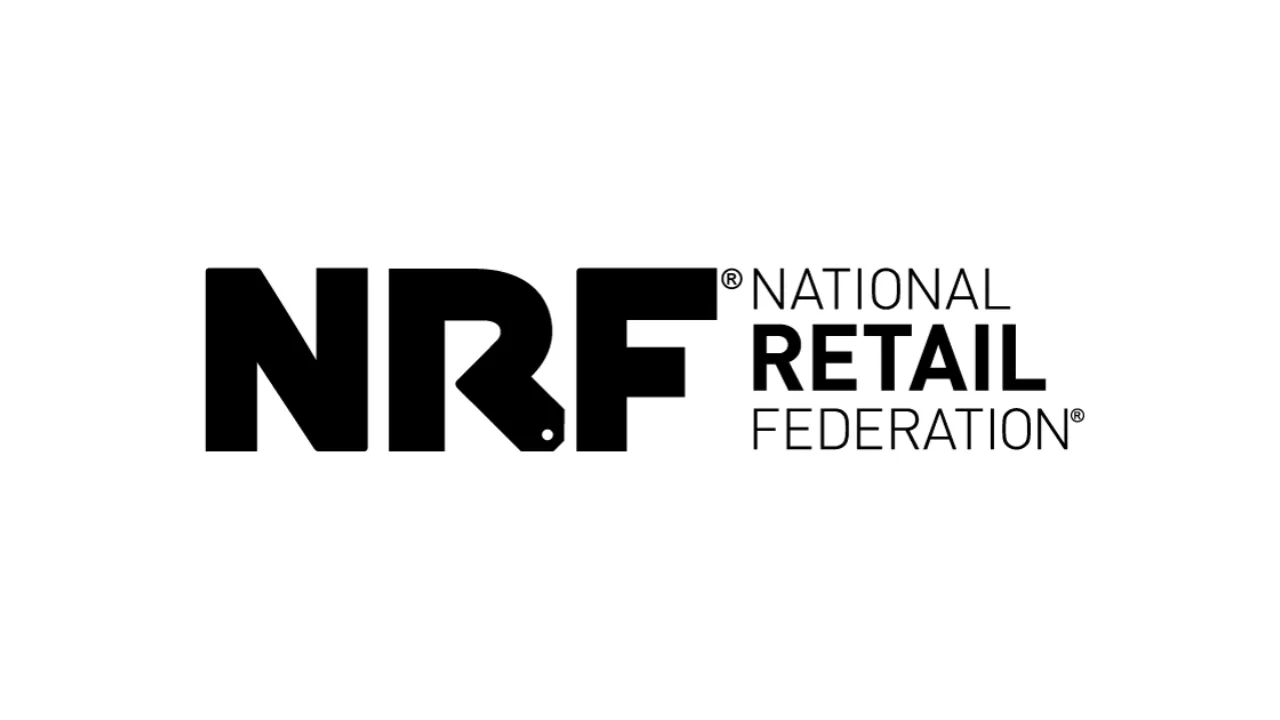AUSTIN — Gen Z consumers are increasingly prioritizing sustainability and quality in their food choices, according to a new YouGov survey—and they’re willing to pay extra for it. As climate consciousness grows, 55% of Gen Z consumers say they are willing to spend more on environmentally sustainable products, while 70% support climate-smart agricultural practices, according to the study, which Whole Foods Market commissioned.
The national survey, which sampled over 1,000 adults aged 18-27, highlights a generation that values transparency. 68% of respondents said they want more information from retailers about the sustainability of the food they buy. Whole Foods Market CEO Jason Buechel emphasized that the company’s commitment to sustainability aligns with these consumer values. "Prioritizing a positive climate impact while continuing to meet our rigorous Quality Standards is part of our identity at Whole Foods Market," Buechel said.
The findings signal a growing expectation for brands to take an active role in responsible sourcing and environmental stewardship. Three-quarters of respondents expressed concern about the future of the climate. Additionally, 69% believe brands should advocate for change in responsible sourcing, and 66% prefer companies that give back to local communities.
Health is also top of mind for Gen Z, with 60% aiming for healthier eating and 53% noting that health concerns influence dietary restrictions. For grocery brands, this means emphasizing sustainability and the health benefits of their products to resonate with this eco-conscious generation.
As companies like Whole Foods Market adapt to meet these demands, the survey suggests that the future of grocery shopping will be defined by transparency, sustainability, and a willingness among younger consumers to invest in brands that reflect their values.







